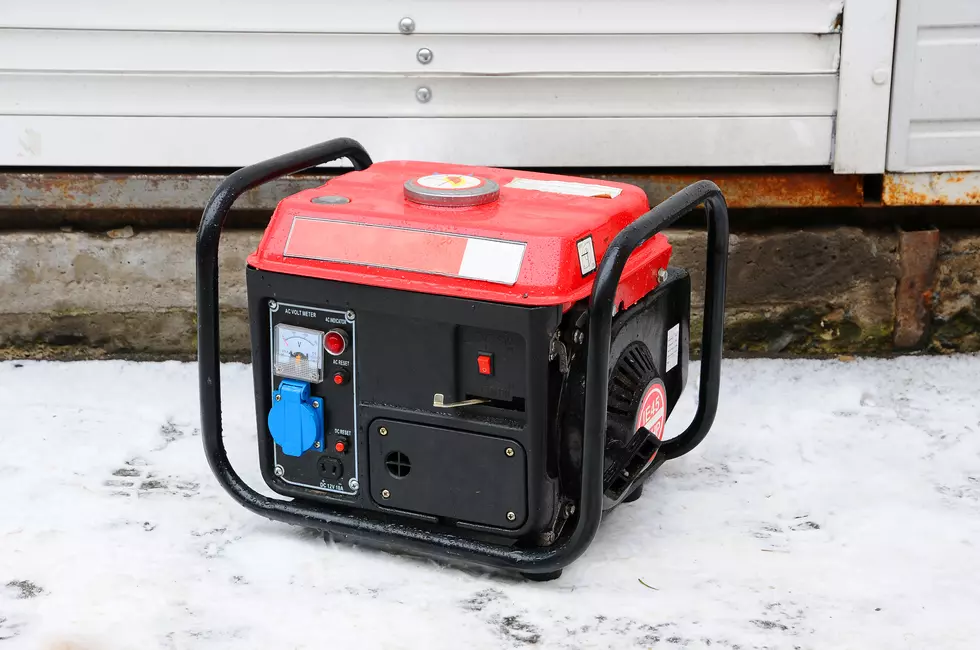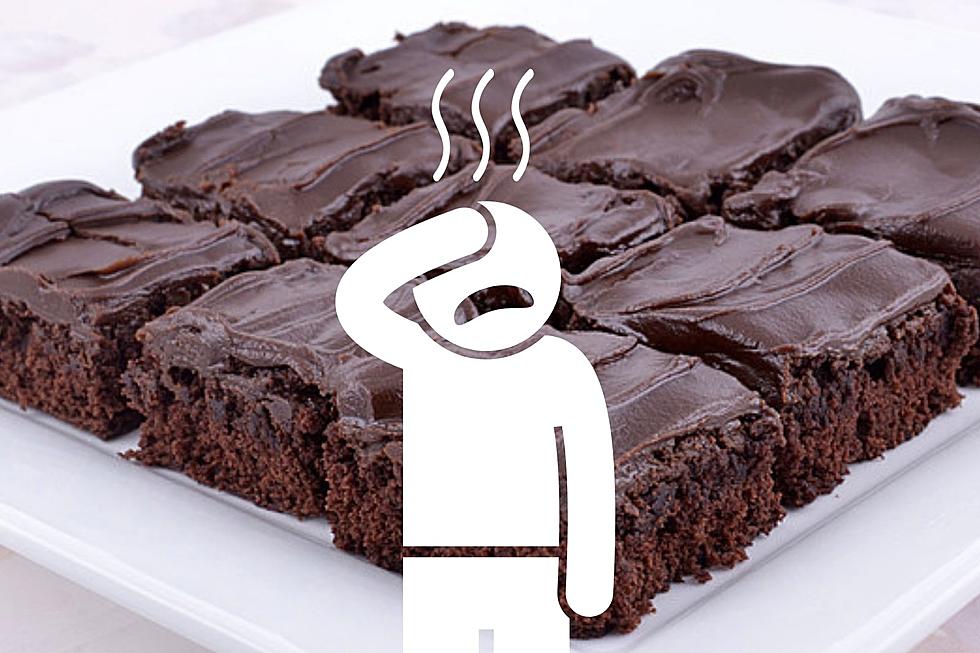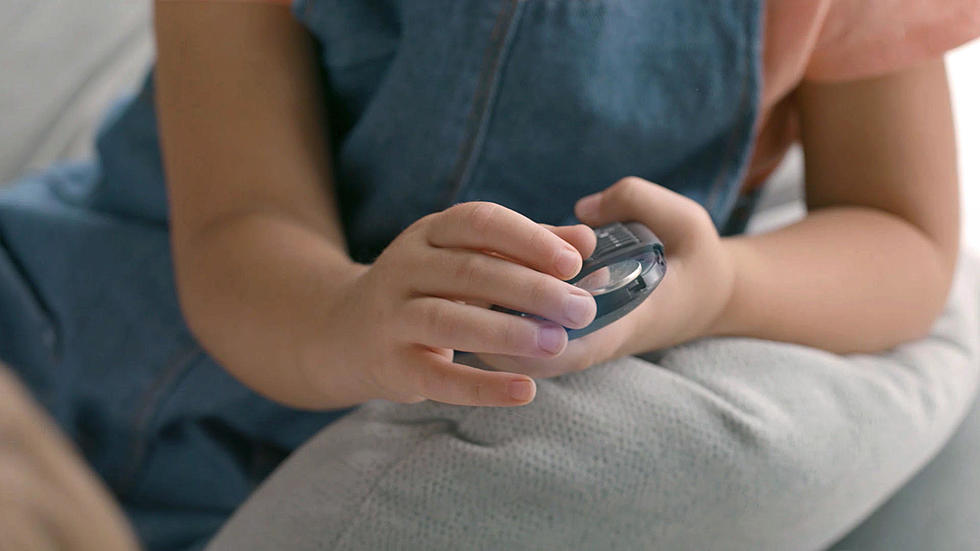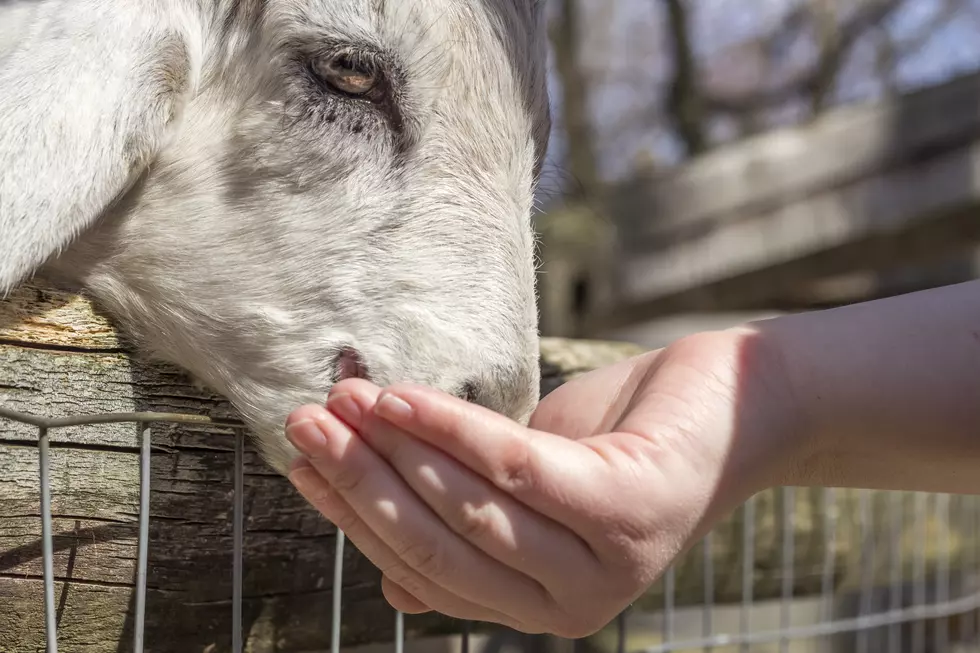
Beware of carbon monoxide dangers if power goes out in a storm
Although this most recent winter storm does not appear to be too impactful to New Jersey's power companies, a near-statewide blackout in Texas due to uncharacteristic cold and snow is driving a major increase in calls to local poison centers.
The reason? Generators are being improperly hooked up and used, causing a backfill of dangerous carbon monoxide into homes.
And while you may be well aware that CO is a colorless, odorless gas, you might not know how to recognize the symptoms of exposure.

Complicating matters, according to New Jersey Poison Control Center managing director Bruce Ruck, is that those symptoms can mirror those of COVID-19 — which can be cause for confusion if you don't quite feel right.
"We can see headaches, we can see nausea, vomiting, we see tiredness, sedation, we see general body aches, body pain," Ruck said.

Of course, severe and prolonged exposure can be fatal. Ruck reported one recent death in New Jersey caused by carbon monoxide poisoning, and one other case of a person needing to be treated with supplemental oxygen.
If your power does go out, Ruck said to make sure that if you own a portable generator, it is not stored inside your home or garage.
"Generators and machinery like that need to be kept at least 20 feet or more away from the house, away from open windows, away from open doors," he said. "That's one of the reasons why it's so dangerous. People do not realize that (carbon monoxide) is building up within the home."
Also, he said it's a good idea to keep your dryer vents clear, and if you need to charge your phone in your car in an emergency, get the car out of the garage.
Propane and kerosene heaters also give off CO, as do gas-powered appliances, so it's important to shut anything off that's not actively in use (like a stove), and test your CO alarms regularly.
"You should make sure your carbon monoxide detectors are in good working order," Ruck said. "They can save your life."
The NJ Poison Control Center is staffed 24/7, 365 days a year, and any general questions can be directed to their hotline, 1-800-222-1222.
If someone in your household is unconscious or not breathing, and you suspect it is due to CO exposure, call 911.







